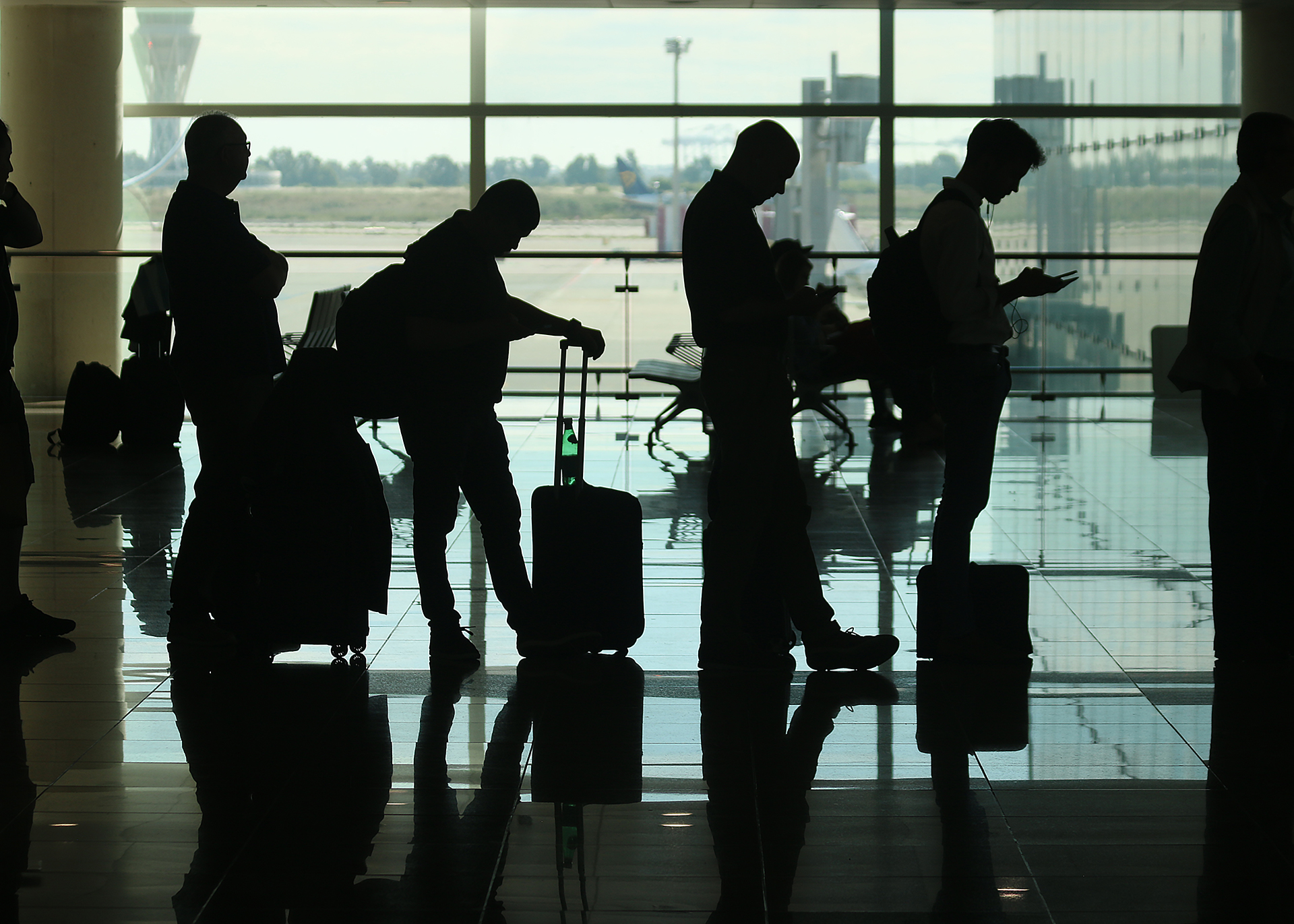You can forget about that proposed new rule on airline passenger rights and compensation that had been proposed to help ensure that airline passengers whose flights are either significantly delayed or canceled will both not be stranded and receive compensation, as it will apparently be officially withdrawn by the Department of Transportation of the United States.
Forget About That New Rule on Airline Passenger Rights and Compensation After All.
The administration of the current president of the United States confirmed on Thursday, September 4, 2025 that the compensation proposal will be withdrawn with the belief that the proposed rules exceeded beyond statutory requirements: “We will faithfully implement all aviation consumer protection requirements mandated by Congress, including the requirement to refund ticket prices to passengers in the case of airline canceled or substantially delayed flights when consumers choose not to travel. Some of the rules proposed or adopted by the previous administration, however, went beyond what Congress has required by statute, and we intend to reconsider those extra-statutory requirements.”
According to an abstract that was published at the official Internet web site of the Office of Information and Regulatory Affairs of the Office of Management and Budget of the Executive Office of the President of the United States, “The Department issued an Advanced Notice of Proposed Rulemaking (ANPRM) that examined requiring U.S. and foreign air carriers to adopt and adhere to customer service plans identifying essential services (meals, rebooking, hotel, transportation to or from hotel, timely customer service) and compensation which airlines would be required to provide to mitigate passenger inconveniences when the cause of a cancellation or delay for flights to, within and from the United States was due to circumstances within the airline’s control. Consistent with Department and administration priorities, the Department plans to withdraw the ANPRM.”
An official statement from Airlines for America — which is a trade group that represents the commercial aviation industry in the United States — praised the proposed withdrawal of the rule with the claim that it would have resulted in the increase in the cost of tickets: “We are encouraged by this Department of Transportation reviewing unnecessary and burdensome regulations that exceed its authority and don’t solve issues important to our customers.”
The rule that was proposed by Pete Buttigieg — who is now a former secretary of the Department of Transportation of the United States — would have required that airlines:
- Automatically pay cash compensation to passengers whose trip disruption is caused by an airline. Also being considered is whether small airlines should pay less than large airlines and whether or not compensation should be required when a passenger is notified a week or two in advance of the cancellation or significant delay. One tiered approach that is being considered is that compensation could range between:
- $200.00 and $300.00 for domestic delays of a minimum of three hours but fewer than six hours
- $375.00 and $525.00 for delays of a minimum of six hours but fewer than nine hours
- $750.00 and $775.00 for delays of a minimum of nine hours
- Offer free rebooking on the next available flight that is operated by the airline or its branded codeshare partners when:
- The flight is cancelled
- The departure of the domestic flight is delayed a minimum of three hours
- The departure of the international flight is delayed a minimum of six hours
- A delay results in a missed connection
- Flights on those airlines are not available within 24 hours, then any carrier with whom the airline has a commercial agreement to transport the passengers of that airline
- Provide meals, overnight lodging, and transportation to and from lodging for stranded passengers and establishing standards regarding what must be covered as part of each service, including how often it must be provided during lengthy disruptions. Additionally, airlines are to be required to automatically pay a minimum reimbursement for each service an affected passenger is entitled to receive when airlines do not provide these services upfront; and passengers do not submit receipts for costs up to a maximum reimbursement threshold per service.
You can learn more about your protections when you travel via airplane here; and consumers may file an airline complaint with the Department of Transportation here.
Final Boarding Call
I believe that airlines should absolutely offer compensation to passengers when flights are significantly delayed or canceled; and passengers should not be stranded — but I do not particularly like the federal government needing to get involved in order for that to occur. Rather, free markets should determine how airlines behave towards their customers.
Then again, “Canada, Brazil, the European Union, the United Kingdom, and other countries have adopted consumer protections that compensate passengers and provide services when an airline causes a significant delay”, according to this article from the Department of Transportation. “One study found that the European Union’s compensation and service requirements reduced the likelihood and duration of flight delays.”
What do you think?
Photograph ©2018 by Brian Cohen.
